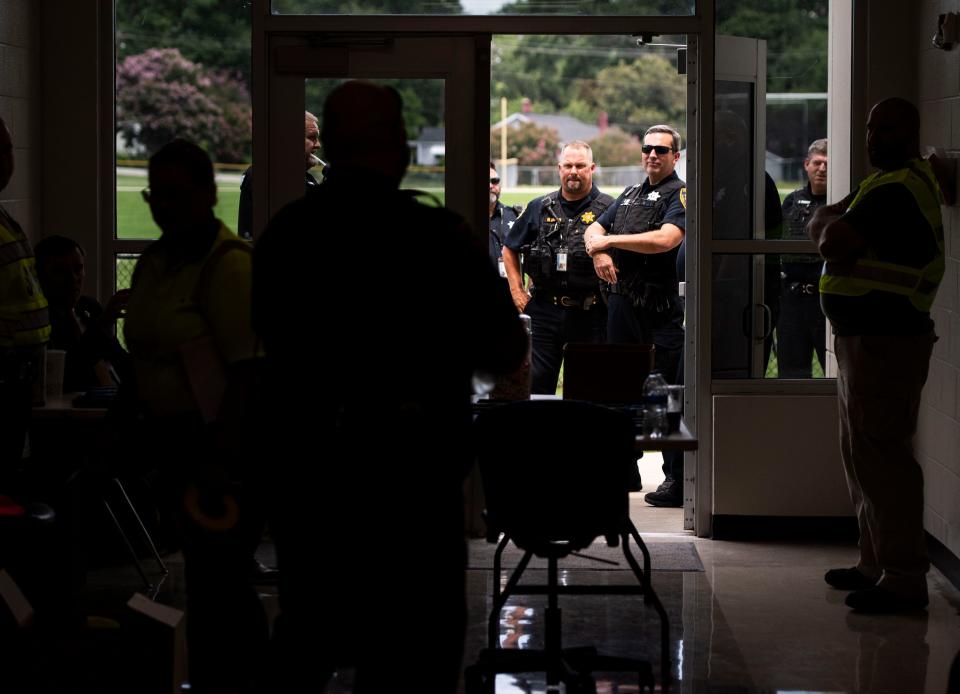Black students in Iowa nearly 8x more likely to be arrested than their white peers, report says
The American Civil Liberties Union of Iowa has released a toolkit to guide local communities looking to create "police-free" schools.
Featured on the ACLU of Iowa website, the Advocating for Police-Free Schools in Iowa toolkit was released in response to "increased concerns" over the impact of police officers in public schools and arrest rates, particularly among Black students. The organization said the toolkit was made for educators, parents, students and community members to use to advocate for a school without police officers, otherwise known as school resource officers.

Black students in Iowa are almost eight times more likely to be arrested than white students, according to the 2017-2018 Civil Rights Data Collection from the U.S. Department of Education. That makes Iowa the third worst state in the country for its discrepancy rate in arrests of Black and white students, the ACLU of Iowa said in a news release.
Data also show Latinx students are twice as likely to be arrested than white students, and students with disabilities are three times as likely to be arrested than students without disabilities.
"The problem with police officers in schools is that they focus on precisely what they are trained to do — question, detain, handcuff and arrest," the ACLU of Iowa said.
"Arrests and referrals to law enforcement create criminal records that follow students around for the rest of their lives, making lifelong access to housing, employment, and social services much more difficult," the release said.
Des Moines Public Schools last year ended its more than two-decade-old school resource officer agreement with the Des Moines Police Department. Discussions about whether there should be police officers in Des Moines schools began over the summer following the May killing of George Floyd by Minneapolis police Officer Derek Chauvin.
This article originally appeared on Des Moines Register: ACLU of Iowa releases toolkit to create 'police-free' schools

